A new COVID-19 antibody detection device developed by researchers at Carnegie Mellon University, capable of identifying the antibodies within 10 to 15 seconds, is now entering a trial stage with COVID patients.
.
The innovative system consists of a low-cost sensor made up of tiny gold electrodes 3D printed using Optomec’s Aerosol Jet technology. The device, if approved for broad usage, could become another vital tool in medical professionals’ toolbelt against COVID-19. With it, clinicians could instantly detect COVID-19 antibodies in patients, which could provide a deeper understanding of how the virus is spreading and a better chance of controlling it. Moreover, it is cheap to produce—reportedly in the tens of dollars. The 3D printed sensor works thanks to a specific geometry and surface characteristics, which were developed by Rahul Panat, Associate Professor of Mechanical Engineering at Carnegie Mellon University, and his team. Panat specializes in the use of AM […]
Click here to view original web page at www.3dprintingmedia.network

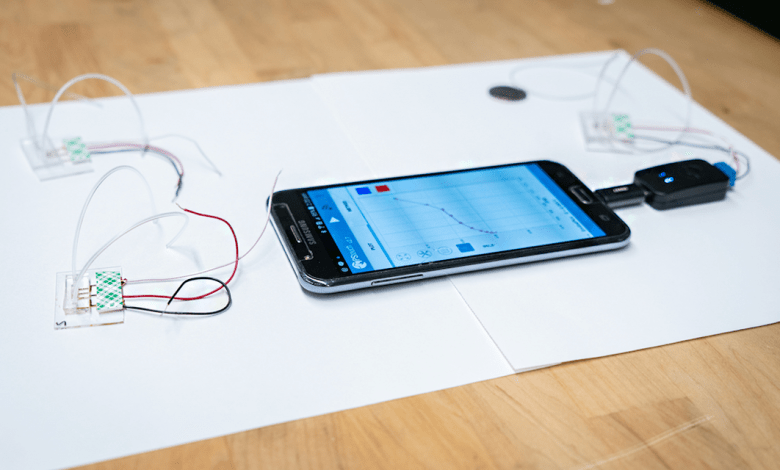

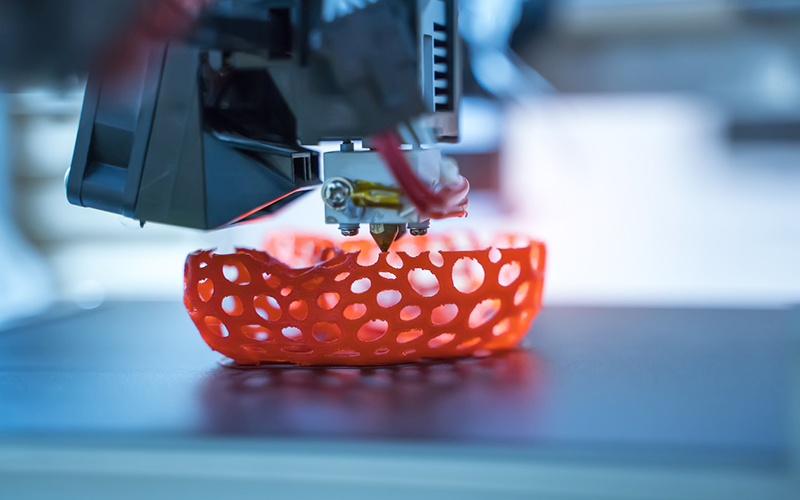

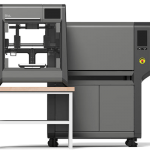
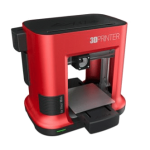
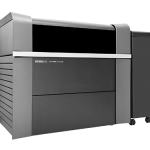
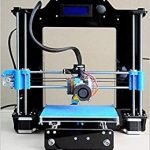
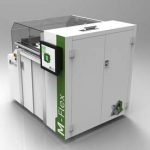
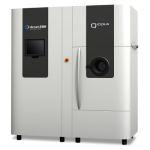
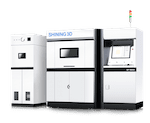
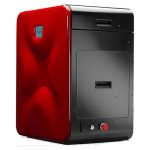

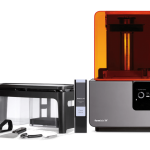


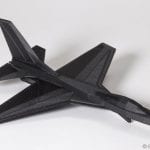
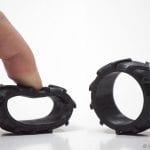
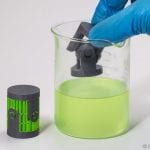
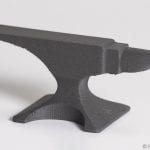




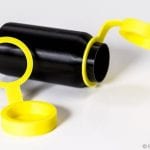




0 Comments